Birth
September 25, 1952
Death
December 15, 2021
bell hooks, born Gloria Jean Watkins, was one of the greatest cultural critics and writers of the twentieth century. She was a Black feminist leader, an educator, an author, and a poet. She wrote over forty books, including All About Love (2000), The Will to Change (2004), and Feminist Theory (1984). Her scholarship addressed race, gender, sexuality, class, and more.
Personal Information
Name(s)
Gloria Jean Watkins; bell hooks
Date and place of birth
September 25, 1952, in Hopkinsville, Kentucky, USA
Date and place of death
December 15, 2021, in Berea, Kentucky, USA
Family
Mother: Rosa Bell
Father: Veodis Watkins
Marriage and Family Life
Unmarried; No Children; Siblings include: Angela, Theresa, Valeria, Gwenda, Sarah, and Kenneth
Education (short version)
Graduated from the University of California, Santa Cruz, with a Ph.D. in Literature in 1983; Graduated from University of Wisconsin–Madison with an M.A. in English in 1976; Graduated from Stanford University with a B.A. in English in 1973.
Education (longer version)
After graduating from Hopkinsville High School in Hopkinsville, Kentucky, hooks pursued her academic career and earned a Bachelor of Arts degree in English from Stanford University in 1973. Later, in 1976, she obtained her Master of Arts in English from the University of Wisconsin-Madison. After dedicating a few years to teaching and writing, she completed her doctorate in literature at the University of California, Santa Cruz, in 1983. The topic of her dissertation was Toni Morrison’s books, The Bluest Eye and Sula.
Religion
Transformation(s)
hooks was born in the U.S. South in what she would later call a “racial apartheid.” Her experiences as a young Black girl in Kentucky deeply informed her views on geography, race, class, and gender. While an undergraduate student at Stanford University, hooks wrote her first book, Ain’t I a Woman: Black Women and Feminism, though it was published in 1981. In this text, hooks examines Black womanhood through the sites of oppression like sexism and racism and structures like “the imperialism of patriarchy.” She also contends with the devaluation of Black women in society and white feminism. This text is one of many in which hooks tackles structural forces like the “imperialist capitalist white supremacist patriarchy” through her personal story or those of Black women around her. hooks is also known for her commentary on teaching. In 1994, her book Teaching to Transgress: Education as the Practice of Freedom was published, in which she shares her philosophy on engaged teaching and invites educators of all stripes to consider how teaching is “an act of resistance countering the overwhelming boredom, uninterest, and apathy that so often characterize the way professors and students feel about teaching and learning, about the classroom experience.”
Despite her celebrity in academic circles, hooks was committed to writing books that were “easy to read without being simplistic,” as she explained in Feminism is for Everyone. She accomplished this and using a blend of personal history and cultural criticism, she gained a global readership and inspired many to consider the lives of Black women, feminist theory, critical race theory, and many other subjects.
Contemporaneous Network(s)
Spelman College Women's Research and Resource Center National Advisory Board Member; Kentucky Writers Hall of Fame.
less
Significance
Works/Agency
hooks is the author of over forty books and numerous articles that span topics from feminism to visual arts and media to masculinity and colorism and even children’s books–all in her signature writing style that was accessible to anyone. She is most known for her works on feminism and gender studies, race and racism, and criticism of Black cultural production. She won multiple awards for her writing, which include but are not limited to the American Book Award/Before Columbus Foundation Award; Bank Street College Children’s Book of the Year; and the Black Caucus of the American Library Association’s Best Poetry Award.
In addition to writing, hooks was a beloved professor, having taught at Stanford University, Yale University, Oberlin College, and The City College of New York to name a few. She concluded her teaching and mentorship at Berea College in her home state of Kentucky, where she established the bell hooks Institute in 2014 to promote feminist programming, now The bell hooks center. The bell hooks papers, a collection of fourteen boxes, are held at the Berea College Hutchins Library despite being pursued by other institutions. hooks insisted that her papers remained in the place that made her who she was.
From 2013-2016, hooks was in residence at The New School, where she was in conversation with luminaries from across disciplines and industries that, on occasion, sparked controversy. A catalog of the conversations can be found here.
Reputation
hooks was a celebrated writer in her lifetime with a reputation as one of the foremost feminist thinkers and writers in the 20th and 21st centuries. Her work even permeated social media, gaining the attention of millennials. A Tumblr account was started in 2015 called “Saved by the bell hooks” which mixes and matches still shots from the 1990s television show, Saved By the Bell and bell hooks quotes.
In 2018, she was inducted into the Kentucky Writers Hall of Fame. In 2020, she was honored with TIME Magazine’s 100 Women of the Year, where writer/producer dream hampton wrote, “For generations of black girls, hooks has been a rite of passage.”
Legacy and Influence
Since hooks’s passing, several symposia have been held in her honor across the U.S. In February 2022, Northeastern University Africana Studies Program began holding its annual bell hooks symposium. Since the fall of 2022, Uncle Bobbie’s Coffee & Books, a Philadelphia-based café, has held an annual bell hooks symposium featuring noted Black academics and activists like Brittany Cooper, Eddie Glaude and Tarana Burke. The bell hooks center at Berea College held their inaugural bell hooks symposium in June 2023, featuring Black academic feminists like Beverly Guy-Sheftall and Alexis Pauline Gumbs. In September 2023, Austin Peay State University held a bell hooks Education Symposium.
In 2023, the journal, Women, Gender and Families of Color honored hooks with a special edition called “Honoring bell hooks.” The Journal of Interactive Technology and Pedagogy published its special journal issue in December 2023 entitled, “The Liberatory Legacy of bell hooks: Pedagogies and Praxes that Heal and Disrupt."
In 2023, hooks was awarded posthumously the UC Santa Cruz Alumni Achievement Award.
less
Controversies
As a cultural critic, hooks was no stranger to controversy. She wrote critiques of cultural producers like Madonna, Ice Cube, Spike Lee and Beyoncé. Essays like “Madonna: Plantation Mistress or Soul Sister” and “Sorrowful Black Death is not a Hot Ticket” are examples of critical essays that stirred conversation about what hooks called the “oppositional gaze” of cultural objects albeit music or film or otherwise. In 2015-2016, hooks again caused a stir by critiquing pop culture queen Beyoncé Knowles. At the bell hooks residency at The New School, hooks likened Knowles to a terrorist. While hooks can offer a penetrating critique, she is not beyond changing her mind, even after going public.
Also, hooks has been critiqued by fellow Black feminist Michelle Wallace for overly simplistic writing. She was also critiqued by New School students for using the word “transexual” rather than “transgender.”
less
Clusters & Search Terms
Current Identification(s)
Feminist Studies; Black Feminist Intellectual Thought; Critical Race Theory; Critical Pedagogy; Love; Buddhism
Clusters
Black Feminists; Public Intellectuals; Kentucky Writers; Race, Class and Gender Studies; Cultural Criticism; Critical Pedagogical Practices; Black Buddhism
Search Terms
Black Women in Academia; Black Women Writers; Black Cultural Criticism; Black Feminism
less
Bibliography
Web Resources (selected):
“APSU to Host Bell Hooks Educational Symposium Sept. 5-7.” Austin Peay State University, www.apsu.edu/news/august-2023-bell-hooks-0830.php. Accessed 19 Mar. 2024.
“Bell Hooks at the New School.” YouTube, YouTube, www.youtube.com/playlist?list=PLWhTJDazgMDlKssI73cgIdIYQKidYUNUM. Accessed 19 Mar. 2024.
“Bell Hooks.” Poetry Foundation, Poetry Foundation, www.poetryfoundation.org/poets/bell-hooks. Accessed 19 Mar. 2024.
“Get to Know Bell Hooks.” Berea College, 26 Apr. 2023, www.berea.edu/centers/the-bell-hooks-center/about-bell.
Hoff, Victoria Dawson. Bell Hooks Thinks Beyoncé Is a Terrorist - Bell Hooks and Janet ..., www.elle.com/culture/celebrities/news/a19232/bell-hooks-beyonce-terrorist/. Accessed 19 Mar. 2024.
“Honoring Bell Hooks’s Legacy: Humanist, Feminist, Public Intellectual, Social Critic, and Educator.” Women Gender and Families of Color, womengenderandfamilies.ku.edu/honoring-bell-hookss-legacy-humanist-feminist-public-intellectual-social-critic-and-educator/. Accessed 19 Mar. 2024.
“Honoring Bell Hooks’s Legacy: Humanist, Feminist, Public Intellectual, Social Critic, and Educator.” Women Gender and Families of Color, womengenderandfamilies.ku.edu/honoring-bell-hookss-legacy-humanist-feminist-public-intellectual-social-critic-and-educator/. Accessed 19 Mar. 2024.
hooks, bell -- 1952-2021. “Bell Hooks Papers.” Collection: Bell Hooks Papers |, bereaarchives.libraryhost.com/repositories/2/resources/137. Accessed 19 Mar. 2024.
Lee, Min Jin. “In Praise of Bell Hooks.” The New York Times, The New York Times, 28 Feb. 2019, www.nytimes.com/2019/02/28/books/bell-hooks-min-jin-lee-aint-i-a-woman.html.
Lytle, Alan. “Poet, Author, Educator Bell Hooks Headlines 2018 Hof Class.” WUKY, 31 Jan. 2018, www.wuky.org/local-regional-news/2018-01-30/poet-author-educator-bell-hooks-headlines-2018-hof-class.
Mmorikawa. “Talking Back: The Genius of Bell Hooks.” Africana Studies Program, 16 May 2022, cssh.northeastern.edu/africana/talking-back-the-genius-of-bell-hooks/.
Nittle, Nadra. “New Book Explores the Influences behind the Life and Work of Bell Hooks.” The 19th, 8 Nov. 2023, 19thnews.org/2023/11/bell-hooks-spiritual-vision-nadra-nittle/.
Schuessler, Jennifer. “The Wide-Angle Vision, and Legacy, of Bell Hooks.” The New York Times, The New York Times, 17 Dec. 2021, www.nytimes.com/2021/12/16/books/bell-hooks-black-women-feminism.html.
Staff, TIME. “Bell Hooks: 100 Women of the Year.” Time, Time, 5 Mar. 2020, time.com/5793676/bell-hooks-100-women-of-the-year/.
Stetson, Grace. “Bell Hooks’s Legacy Turns a New Page.” UC Santa Cruz News, news.ucsc.edu/2023/11/bell-hooks-alumni-awards.html. Accessed 19 Mar. 2024.
“Subject and Course Guides: Bell Hooks: Home.” Home - Bell Hooks - Subject and Course Guides at University of Illinois at Chicago, researchguides.uic.edu/bellhooks. Accessed 19 Mar. 2024.
Swan, Shea Carmen. “She Came, She Saw, She Transgressed.” The New School Free Press, 9 Mar. 2016, www.newschoolfreepress.com/2014/11/10/she-came-she-saw-she-transgressed/.
“Uncle Bobbie’s Coffee & Books: Events.” Uncle Bobbie’s, www.unclebobbies.com/events. Accessed 19 Mar. 2024.
’91, J. Morgan, et al. “Bell Hooks Archive Finds a Home at Berea College.” Berea College Magazine, 16 June 2017, magazine.berea.edu/spring-2017/bell-hooks-archive-finds-a-home-at-berea-college/.
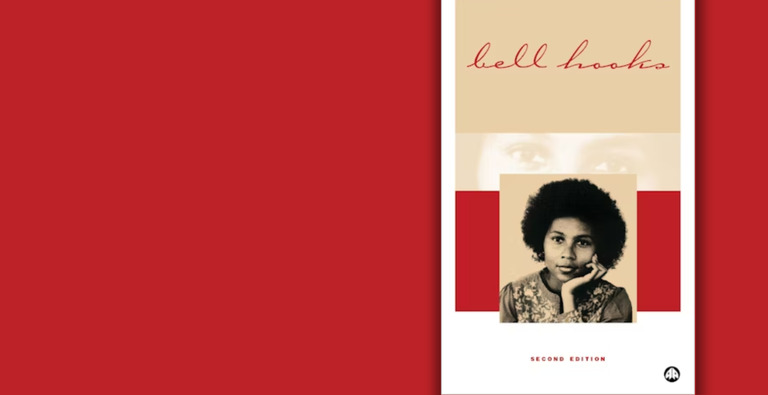
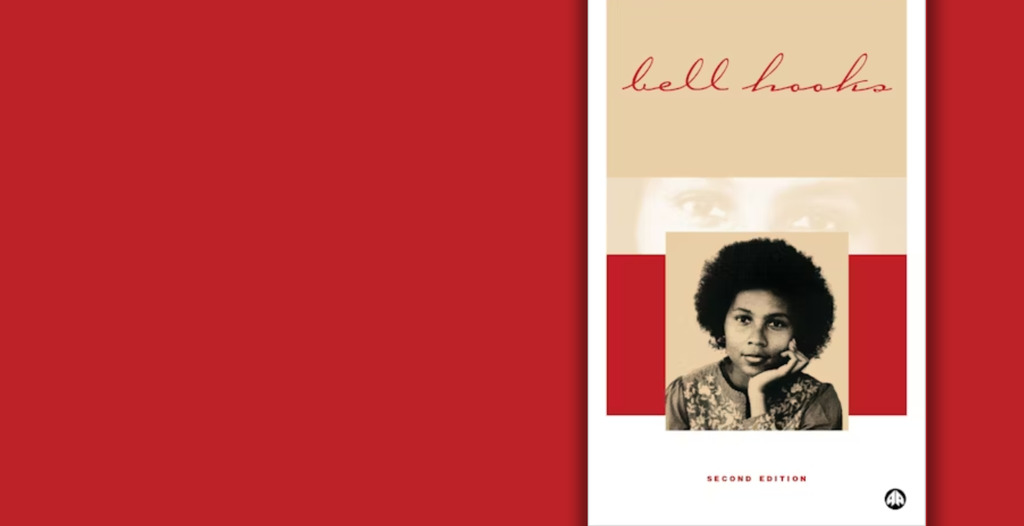
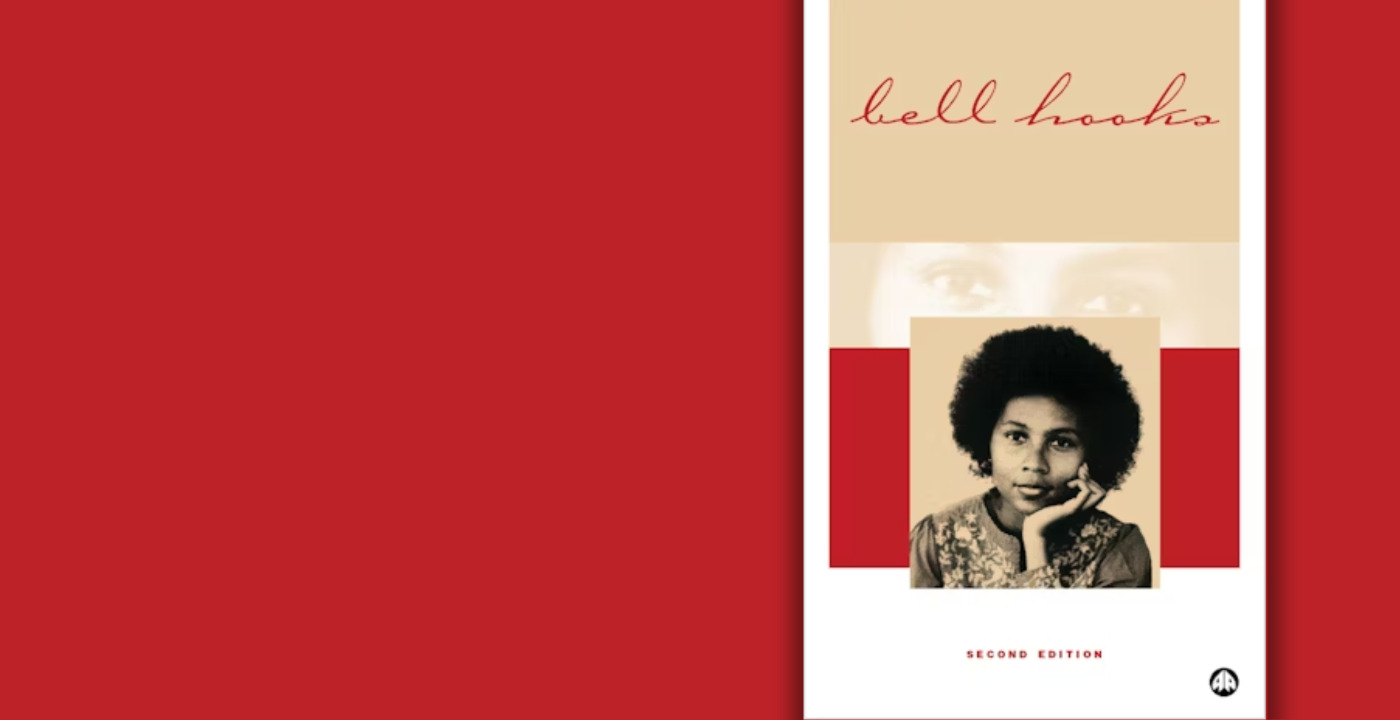
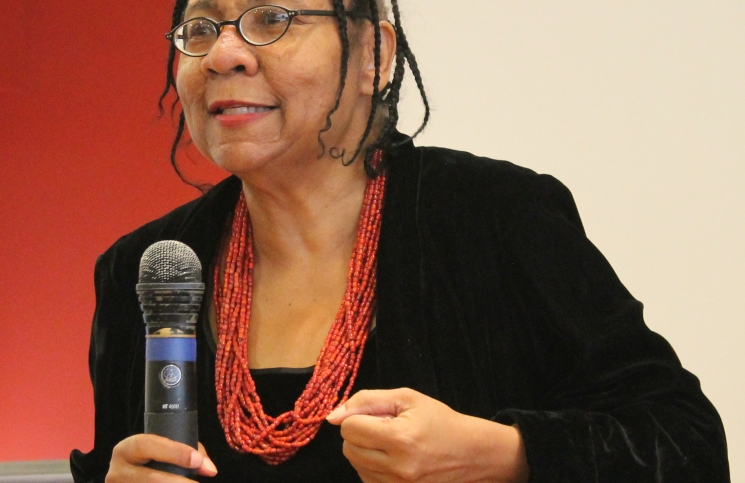
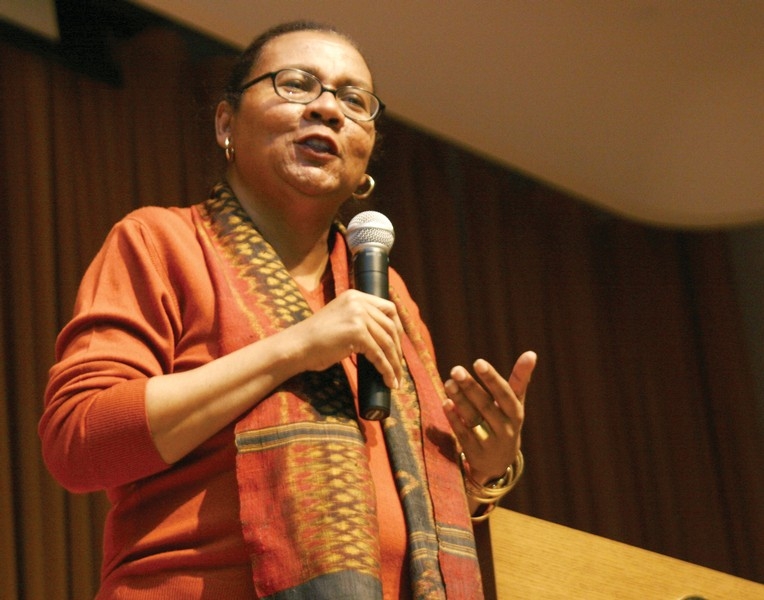
Comment
Your message was sent successfully